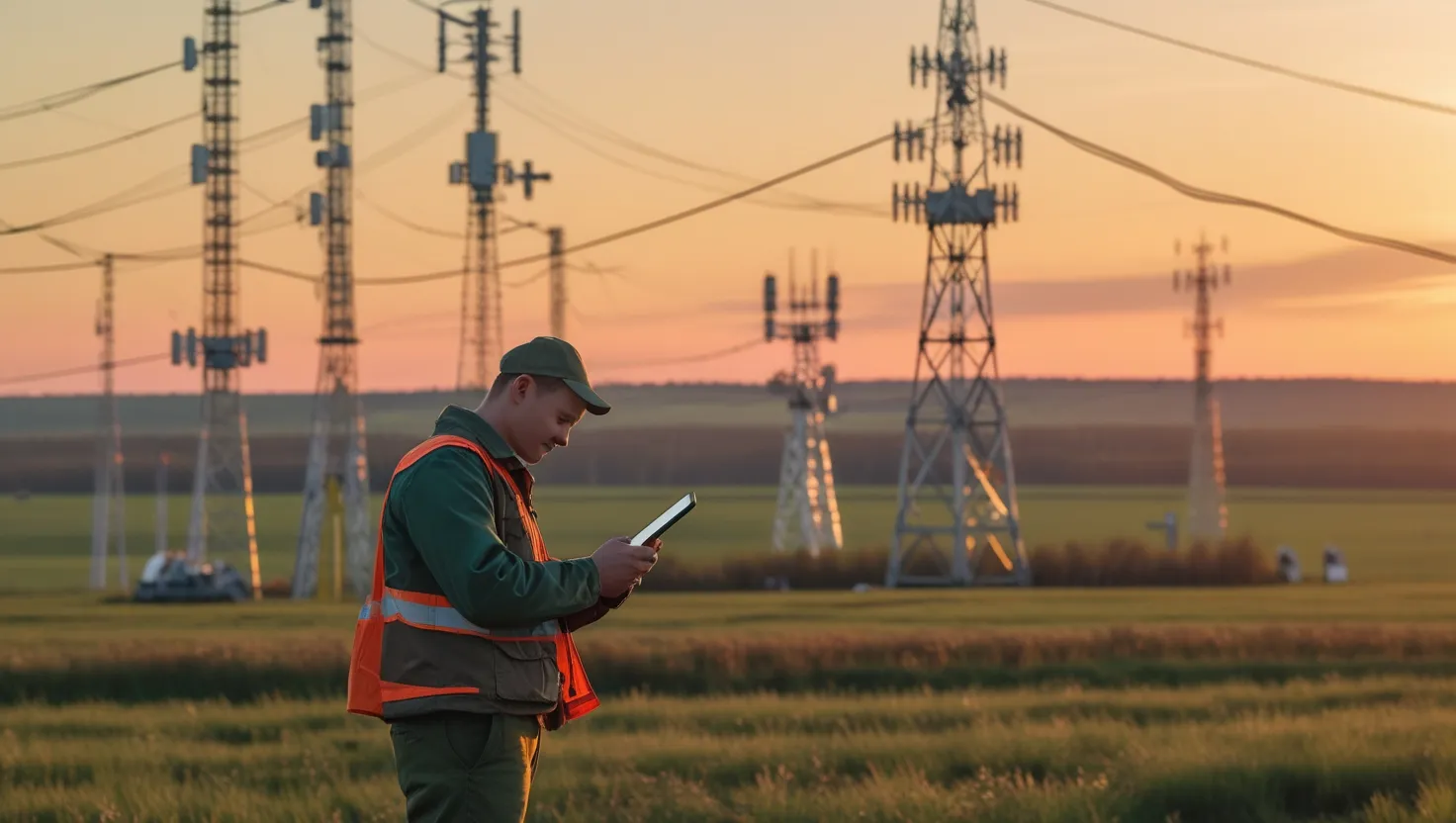Russia and China Join Forces to Invest in AI and the Digital Economy
Russia and China are strengthening their strategic partnership in the digital economy. Following the 30th annual intergovernmental meeting, the two countries agreed to jointly modernize digital infrastructure, develop artificial intelligence, and expand computing capabilities.

From Declarations to Projects
The two nations committed to 'enhancing investment cooperation in the field of digital economy infrastructure.' Companies from both Russia and China will take part in modernizing existing systems and deploying AI-driven technologies.
The agreement also includes plans to build joint telecom facilities and data centers, backed by real investments and technological collaboration. According to Alexander Vedyakhin, First Deputy Chairman of Sberbank, 'Our Chinese colleagues have tremendous expertise, and we are pleased to collaborate with them,' he said at the 10th Eastern Economic Forum, where Russian-Chinese digital cooperation and AI development were key discussion topics.

Balancing Global Digital Power
For Russia’s IT industry, deeper cooperation opens access to Chinese components, networking equipment, chips, and platforms—strengthening its integration into Asia’s expanding digital ecosystem. For the state, such collaboration supports efforts toward technological independence from Western suppliers.
At the global level, the partnership could shift the balance of power in the IT industry, creating an alternative digital ecosystem within the BRICS bloc. In November, Russia plans to launch the BRICS+ AI Success Hub, first announced at the St. Petersburg International Economic Forum in June 2025. The hub will promote experience-sharing in artificial intelligence and support member nations in transforming their economies through digitalization.
Partnership for Sovereignty
One promising model emerging from the partnership follows the 'Chinese hardware + Russian software' formula, already tested in several pilot projects. Joint data centers, particularly in Russia’s Far East and Zabaykalsky regions, could appear within five years, while cloud platforms for government and industry, along with AI solutions for energy and mining, are expected in the next two to three years.
Domestically, this collaboration will accelerate the digitalization of transport, housing, healthcare, and defense sectors. For instance, digital twins of cities and industrial facilities could rely on computing power built with Chinese participation but operated using Russian algorithms. These technologies could also become export products.

Many nations across Central Asia, Africa, and Latin America are seeking alternatives to AWS, Google Cloud, and Azure. A joint Russian-Chinese cloud platform could offer a sovereign, non-Western technological option.
Toward a Digital Alliance
At SPIEF-2025, China’s Vice Premier Ding Xuexiang emphasized that Moscow and Beijing are 'trustworthy friends, tested by time, and reliable partners supporting each other.'

Trade between the two countries now totals hundreds of billions of dollars: in the first ten months of the year, Russia exported over $101 billion worth of goods to China, while China supplied $82 billion in return. Digital cooperation continues to expand rapidly.
In 2023, the nations signed a joint declaration on 'deepening comprehensive strategic partnership,' including digital transformation. By 2024, the first joint AI laboratories were launched, and discussions on shared data centers began. This year’s agreement is a logical continuation of that trajectory—toward building a Eurasian digital corridor. The digital economy is no longer an internal project; it has become a tool of foreign policy and technological sovereignty.










































